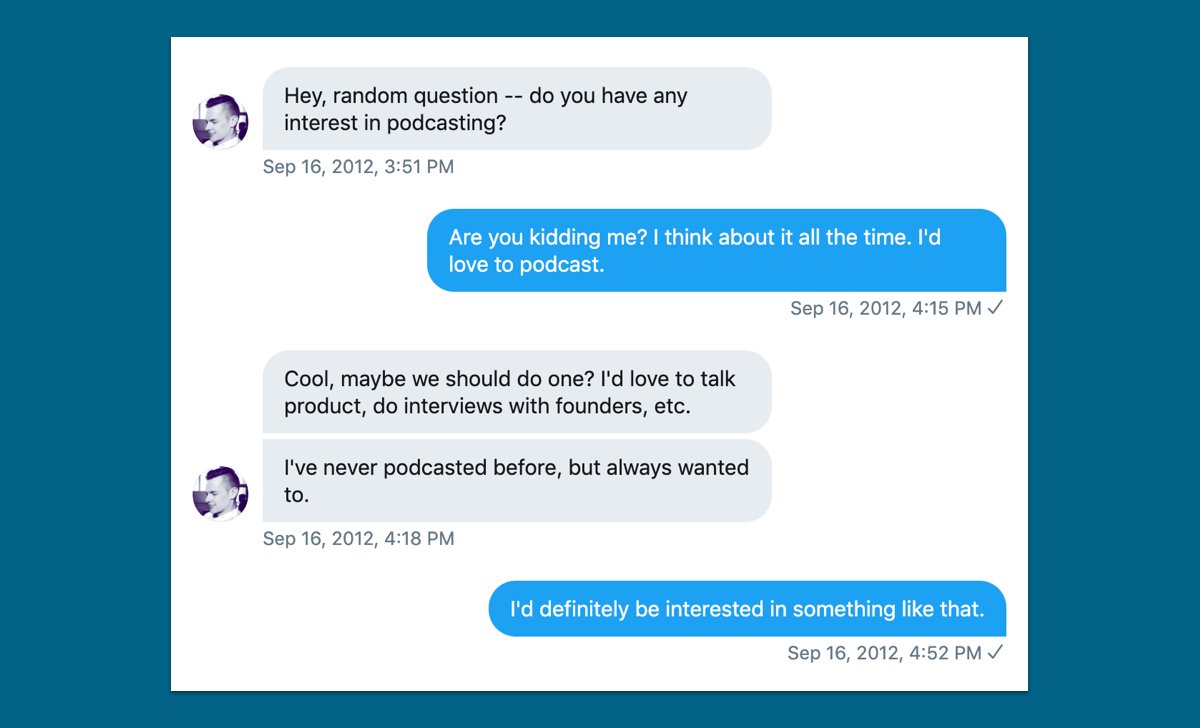
Business success is a function of:
📈 how much demand there is for what you’re selling
👍 how much of that demand you can capture and satisfy
💸 how much it costs you to capture that demand and create customer satisfaction
🔁 how repeatable the whole process is
📈 how much demand there is for what you’re selling
👍 how much of that demand you can capture and satisfy
💸 how much it costs you to capture that demand and create customer satisfaction
🔁 how repeatable the whole process is
📈 To figure out how much demand is there for what you’re selling, ask:
- How have you seen demand for X demonstrated?
- How many people are paying for something similar?
- If they’re not currently paying, is there a strong enough pull for them to pay?
- How have you seen demand for X demonstrated?
- How many people are paying for something similar?
- If they’re not currently paying, is there a strong enough pull for them to pay?
👍 To determine how much demand you can capture, ask:
- what unfair advantage do you have in this category?
- what unfair advantage do you have when it comes to distribution?
- what will cause people to switch to your product?
- what product gaps do you see?
- what unfair advantage do you have in this category?
- what unfair advantage do you have when it comes to distribution?
- what will cause people to switch to your product?
- what product gaps do you see?
🥰 Keep in mind, you can’t just capture demand; you also have to satisfy it.
You’ll need strong product instincts and skills for:
- building features people want to use
- developing an overall experience that keeps people coming back
- helping customers make consistent progress
You’ll need strong product instincts and skills for:
- building features people want to use
- developing an overall experience that keeps people coming back
- helping customers make consistent progress
💸 Evaluate how much it costs you to:
1. Capture customer demand
2. Create experiences that keep customers happy
Keep costs as low as possible.
You want healthy margins for your time, energy, and profit.
justinjackson.ca/costs
1. Capture customer demand
2. Create experiences that keep customers happy
Keep costs as low as possible.
You want healthy margins for your time, energy, and profit.
justinjackson.ca/costs
• • •
Missing some Tweet in this thread? You can try to
force a refresh






